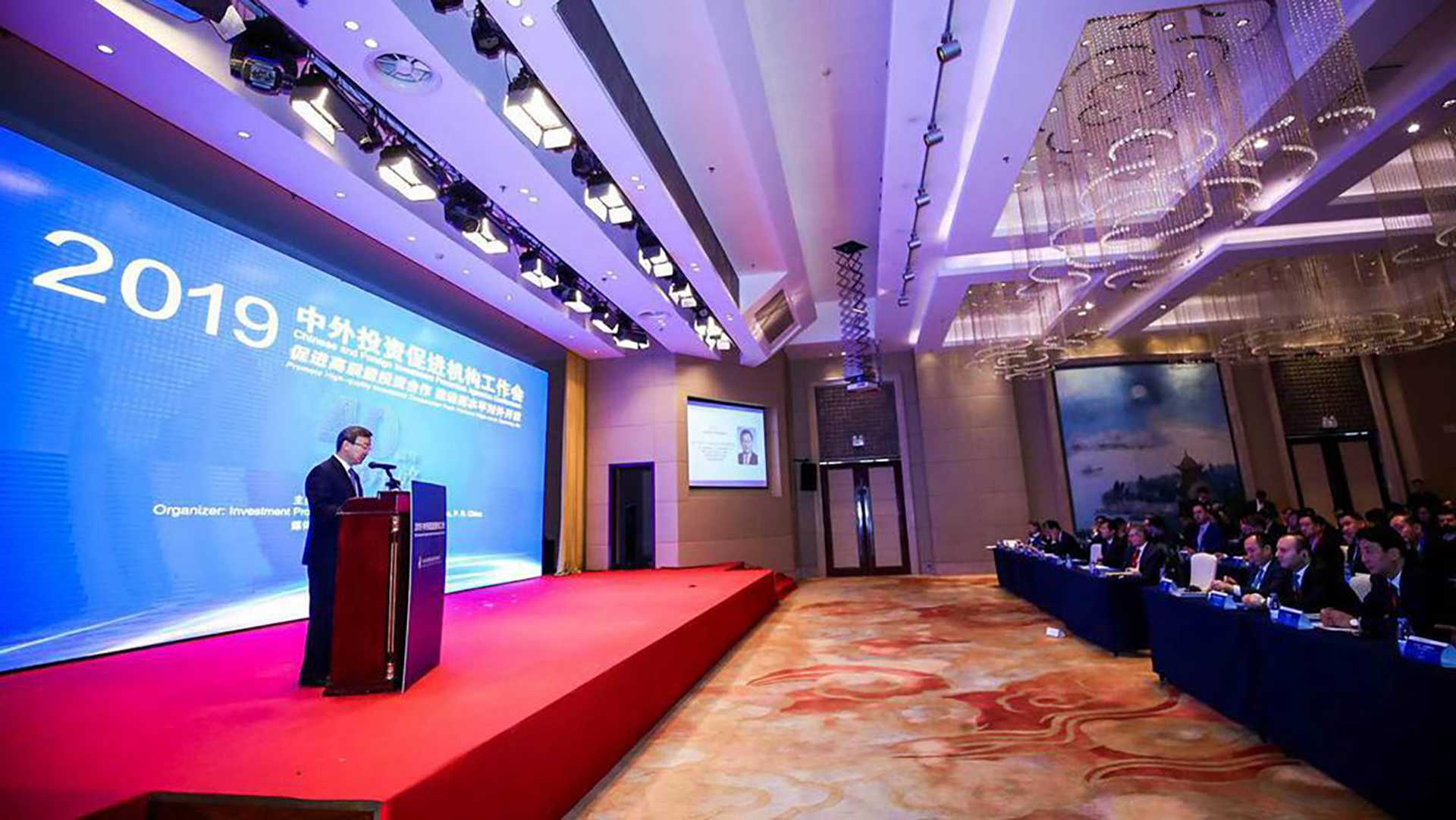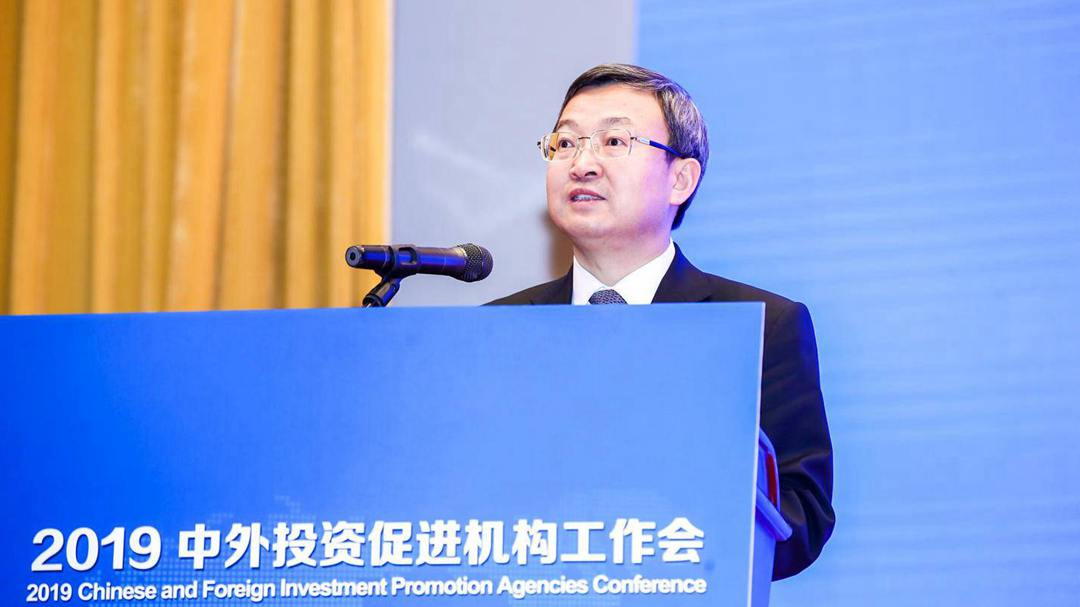
Economy
17:03, 16-Jan-2019
2019 Chinese and Foreign Investment Promotion Agencies Conference kicks off in Beijing
Updated
19:49, 17-Jan-2019
By CGTN’s Xia Cheng
02:05

China's Ministry of Commerce's (MOFCOM) annual Chinese and Foreign Investment Promotion Agencies Conference was held in Beijing on Wednesday. China's Vice Commerce Minister and Deputy China International Trade Representative, Wang Shouwen, who leads China's recent trade negotiations, said that the negotiation for the Regional Comprehensive Economic Partnership (RCEP) has hit the final stage.
The vice minister delivered a speech during the conference, noting that the negotiation for a comprehensive trade deal with ASEAN, Japan, S. Korea, Australia, New Zealand and India has entered the final stage. He added that China and the European Union right now are talking market entry negative list for an investment treaty. The vice minister also mentioned that China and the U.S. are continuing to work on a trade resolution that fits both leaders' consensus.

China's Vice Commerce Minister and Deputy China International Trade Representative, Wang Shouwen, delivers a speech during the annual Chinese and Foreign Investment Promotion Agencies Conference in Beijing, China. /Photo by Investment Promotion Agency of MOFCOM, China.
China's Vice Commerce Minister and Deputy China International Trade Representative, Wang Shouwen, delivers a speech during the annual Chinese and Foreign Investment Promotion Agencies Conference in Beijing, China. /Photo by Investment Promotion Agency of MOFCOM, China.
Meanwhile, the likes of Swedish furniture giant and lifestyle company IKEA, American manufacturing company Johnson & Johnson and Chinese manufacturer Sany Group, attended the conference and weighted in on investment potentials this year.
Anna Pawlak Kuliga, IKEA China CEO, eyed 2019 a “record investment year”, in the meantime, mentioned that several new IKEA stores would debut in China this year.
Chinese companies also shared experiences of investing overseas. “In the past fiscal year, we had 20 billion yuan (nearly three billion U.S. dollars), or one fifth of our revenues, come from overseas,” said Tang Xiuguo, Sany Group's President. And he listed three principles for Chinese company going abroad.
“Our global investment follows three principles, first, we pick the right products and technologies for the local market, second, our investment has to be in line with local development plans, third, we localize our staff,” he noted.

SITEMAP
Copyright © 2018 CGTN. Beijing ICP prepared NO.16065310-3
Copyright © 2018 CGTN. Beijing ICP prepared NO.16065310-3